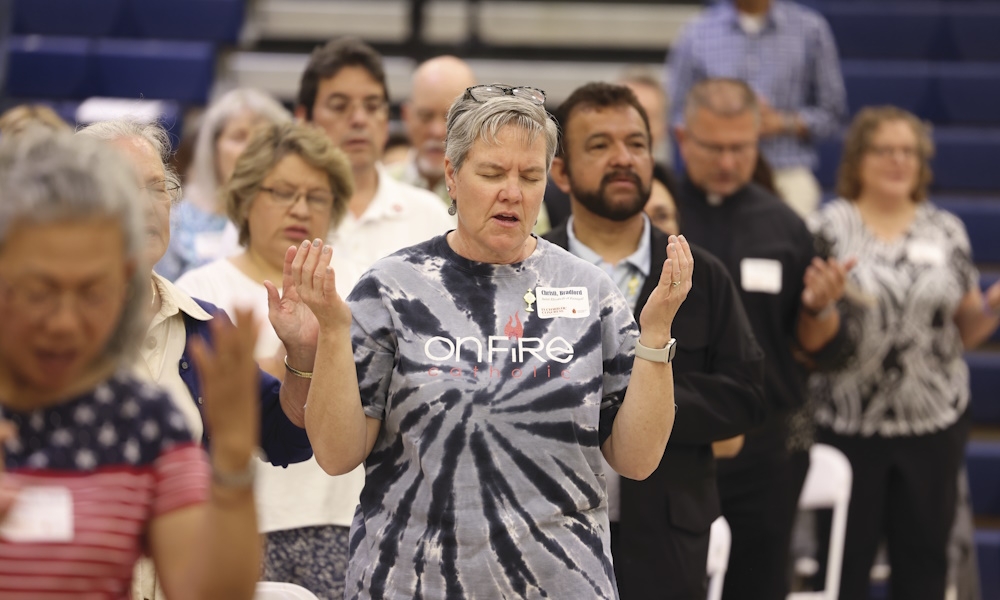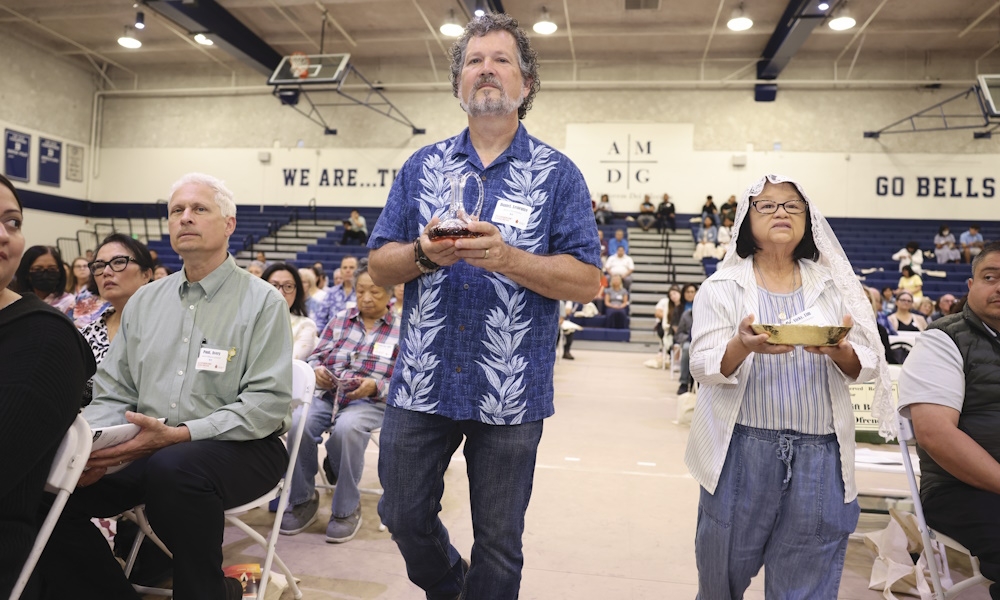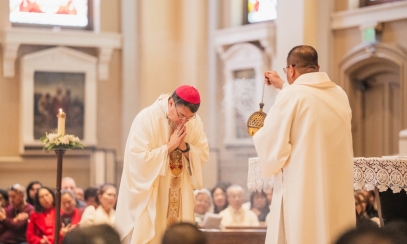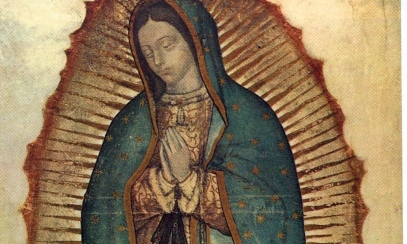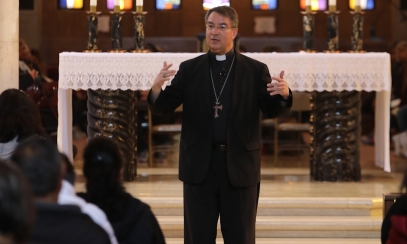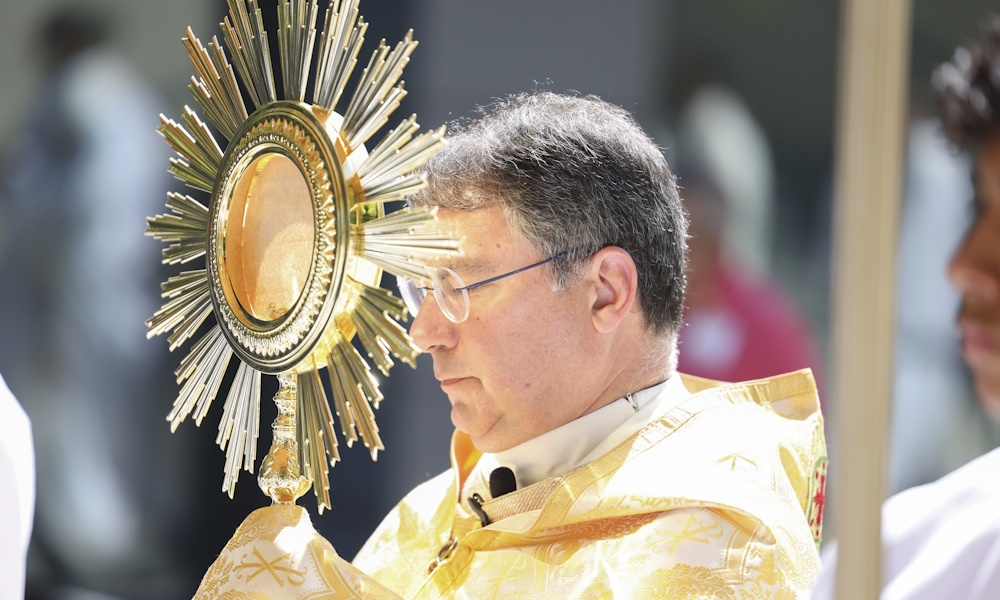
“I Thirst”:
Worship in the Christian Tradition
Worship in the Christian Tradition
Dear Brothers and Sisters in Christ,
When Jesus encountered the Samaritan woman at the well, he asked her for a drink of water (cf. Jn 4: 4-42). Jesus was thirsty. This request of Jesus to the Samaritan woman set off an unlikely dialogue between a devout Jewish male and a Samaritan of questionable repute – an encounter not sanctioned by the religious rules of engagement of the era.
Dear Brothers and Sisters in Christ,
When Jesus encountered the Samaritan woman at the well, he asked her for a drink of water (cf. Jn 4: 4-42). Jesus was thirsty. This request of Jesus to the Samaritan woman set off an unlikely dialogue between a devout Jewish male and a Samaritan of questionable repute – an encounter not sanctioned by the religious rules of engagement of the era.
This personal encounter of Jesus with someone deeply wounded by her history, her community, and her very own actions led to her healing and transformation. She would subsequently rush to the community she had previously tried to avoid out of shame to announce with utter joy her encounter with Christ, “…a man who told me everything I have done” (Jn 4:29). The entire dialogue began with Jesus expressing his thirst. As we discover in the story, Jesus was not only physically thirsty, but he was also thirsty for the woman’s faith, for the healing of her spiritual and emotional wounds, for her missionary spirit, and for her joy.
We witness in the dialogue the spiritual movement from the woman’s sad cynicism to curiosity to openness to faith in action! She, too, was thirsty! Isolated, she was thirsty for community and communion; wounded, she was thirsty for healing; cynical, she was thirsty for joy; entrapped in a life of darkness and sin, she was thirsty for spiritual freedom.
Jesus thirsts for you and me, as well. We already have faith, we might say. But do we have the missionary spirit of the Samaritan woman who cannot wait to share with others the reason for her newfound joy?
Why, in a column about worship, would I concentrate on spiritual thirst? Because just as the human body cannot live without water, the human soul cannot truly live without being quenched by the living water of God’s love, grace, forgiveness, and friendship.
This is what happens in worship. The human heart encounters the heart of God, and his redeeming love quenches a thirsty soul. Because we are human, this occurs through sign and symbol – to point us to the real, transforming presence of Christ in his Church, in the Word proclaimed, in the person of the priest who presides, and most especially in the bread and wine transformed into the Body and Blood of Christ – to nourish us and quench our thirsty souls.
While there are many forms of prayer and worship in the Christian tradition, the Eucharist is the “source and summit” of our lives of faith. If we have wandered away from the participation of worship, I invite us to return with an open heart and mind. If we participate but do not feel nourished or our thirst quenched, I invite us to keep our hearts and minds open; keep asking, keep searching.
In the coming years, as we explore ways to make the encounter of our heart with God’s heart in worship more palpable, we hope that you will come to the well of God’s love and mercy and that we might meet each other there to be quenched with joy.

